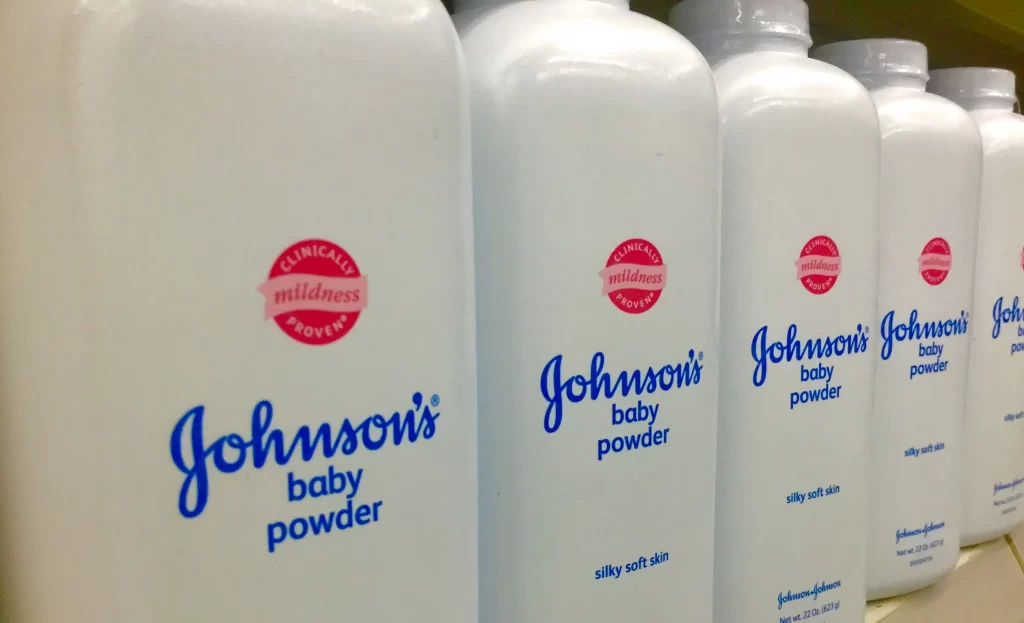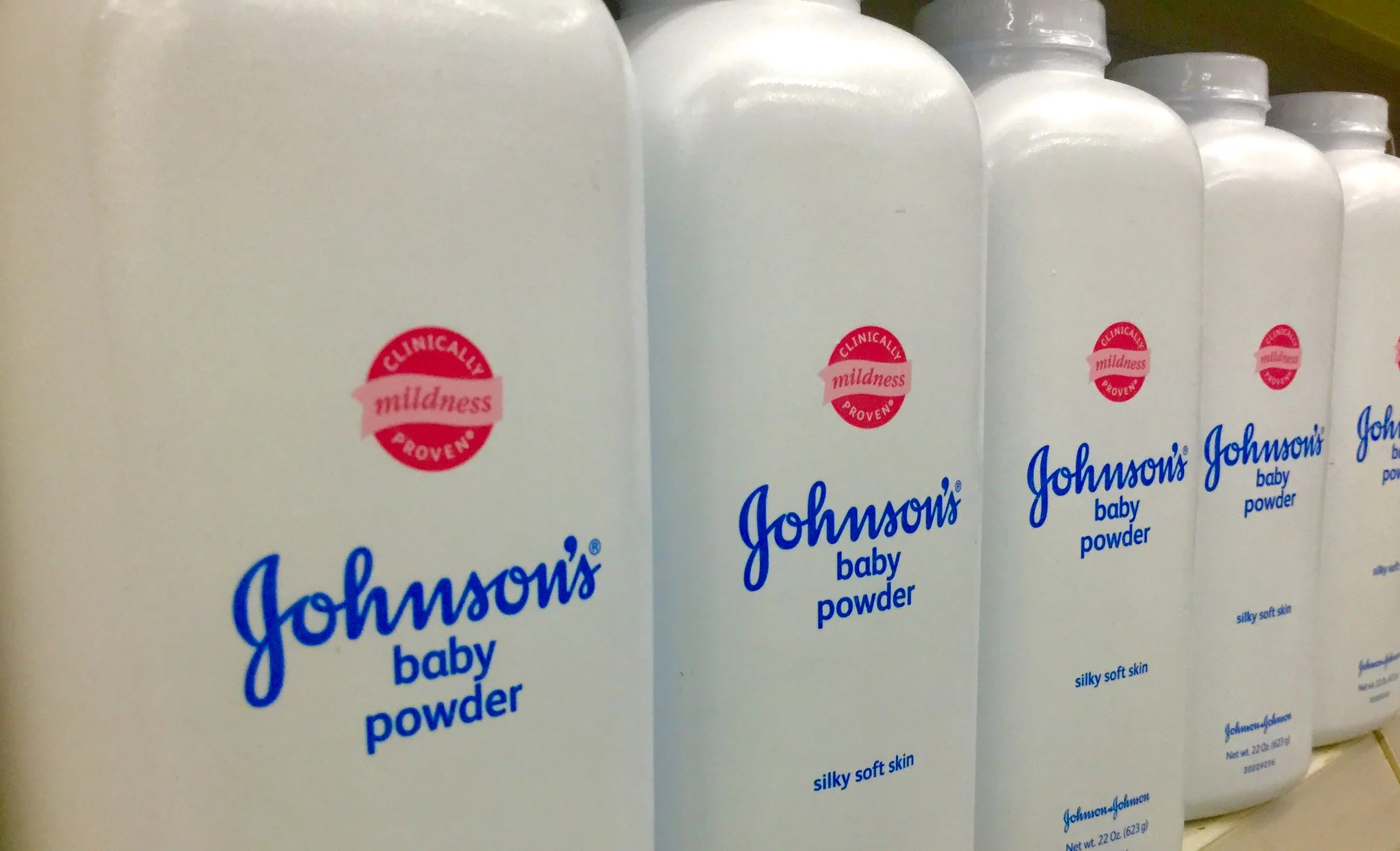Posted by : ZeroRisk Cases Marketing
Recent Developments In Talcum Powder Litigation: An Overview Of Key Lawsuits
In recent years, the landscape of talcum powder litigation has undergone significant transformations, marked by pivotal lawsuits that have reshaped public perception and regulatory scrutiny around these products. At the heart of these legal battles are allegations that prolonged use of talcum powder can lead to serious health issues, including ovarian cancer and mesothelioma. One landmark case that captured national attention involved a major manufacturer being ordered to pay billions in damages to victims alleging their cancers were caused by asbestos-contaminated talc.

This verdict not only highlighted potential safety concerns but also underscored the importance of corporate accountability.
Subsequent trials have further complicated the narrative around talc’s safety, with mixed verdicts reflecting the nuanced scientific and legal debates surrounding these claims. Some courts have found in favor of plaintiffs, awarding substantial compensation for their suffering and medical expenses. In contrast, others have sided with the defendants, citing insufficient evidence to link talc usage to cancer diagnoses conclusively.
These developments signify a growing judicial acknowledgment of potential risks associated with talcum powder products, prompting calls for stricter regulations and transparency from manufacturers regarding product safety. As more cases proceed through the legal system, they collectively contribute to an evolving understanding and approach towards consumer protection in this contentious arena.
Johnson Johnson’s Ongoing Legal Battles: Updates On Lawsuit Settlements
In 2024, Johnson & Johnson’s legal entanglements regarding talcum powder lawsuits have seen significant developments. For years, the company has been mired in litigation over allegations that their talcum powder products, including the iconic Johnson’s Baby Powder, contain asbestos and could cause cancer. These lawsuits have claimed that prolonged use of these products led to individuals developing ovarian cancer or mesothelioma, a type of cancer linked to asbestos exposure.
Johnson & Johnson has faced mounting pressure to settle these claims as part of its ongoing legal battles. In recent updates, the company has moved toward resolving some of these disputes through substantial financial settlements. While the exact figures and terms of these agreements remain confidential in many instances, they represent a crucial shift in how the pharmaceutical giant addresses the wave of litigation it faces.
Moreover, amidst these legal challenges, Johnson & Johnson announced its decision to stop selling talc-based baby powders worldwide by 2023. This strategic pivot underscores the company’s efforts to mitigate future liabilities and restore consumer trust shaken by years of contentious legal battles over the safety of its products.
Understanding The Link Between Talcum Powder And Ovarian Cancer/Mesothelioma
Understanding the link between talcum powder and ovarian cancer/mesothelioma is crucial in grasping the gravity of the lawsuits surrounding this product. Scientific investigations and clinical studies have delved into how talcum powder, once a staple in personal hygiene routines, could be associated with serious health risks. When applied to the genital area or used on sanitary products, talcum particles can travel through the female reproductive system to the ovaries.
They can cause inflammation there, creating an environment conducive to cancer cell growth.
Similarly, when talcum powder is inhaled, it can reach the lungs and then migrate to the pleura, leading to mesothelioma—a rare but aggressive cancer affecting the lining of the lungs. The presence of asbestos-like fibers in talc has been a significant concern since asbestos exposure is a well-known risk factor for mesothelioma.
Over time, evidence suggesting that prolonged talc use could increase ovarian cancer and mesothelioma risks has led consumers to seek legal recourse against manufacturers. These lawsuits hinge on allegations that companies knew about these potential dangers but failed to warn consumers adequately, sparking a wave of litigation to hold them accountable for their negligence.
The Impact Of Asbestos Contamination On Talcum Powder Lawsuits
The intersection of asbestos contamination and talcum powder litigation has markedly shaped the landscape of these lawsuits, especially heading into 2024. Historically, talcum powder was prized for its moisture-absorbing properties, but as evidence emerged about the presence of asbestos—a known carcinogen—in talc mines, the narrative shifted dramatically. The revelation that some talcum powder products might be contaminated with asbestos fibers has intensified legal scrutiny and public concern.
Asbestos contamination has been a pivotal factor in these lawsuits because it directly links talcum powder to serious health risks, including mesothelioma and ovarian cancer. Victims have argued that prolonged exposure to contaminated talc products resulted in their diagnoses, compelling manufacturers to face allegations of negligence for failing to warn consumers about potential dangers.
This causal connection between asbestos in talcum powder and adverse health effects has not only fueled a surge in litigation but also prompted substantial verdicts against major manufacturers. Companies like Johnson & Johnson have faced billions in damages as courts find them liable for concealing the risks associated with their products. As we move into 2024, the legacy of asbestos contamination continues to cast a long shadow over the industry, driving both regulatory changes and consumer caution.
Settlement Negotiations And Class Action Lawsuits: What To Expect In 2024
In the evolving landscape of talcum powder litigation, 2024 is poised to be a pivotal year for settlement negotiations and class action lawsuits. As legal battles against talcum powder manufacturers intensify, plaintiffs and defendants increasingly seek resolutions through settlement negotiations. These discussions are expected to be marked by an increased willingness from companies to reach substantial settlements. This shift comes as a response to mounting evidence linking talcum powder use with serious health issues, pressuring manufacturers to reconsider their defense strategies.
Moreover, the legal community anticipates a surge in class action lawsuits in 2024. These collective actions will streamline the legal process for thousands of claimants and amplify the pressure on talcum powder companies to propose fair settlements. For individuals considering joining these lawsuits, it’s crucial to understand that while class actions offer strength in numbers, the specifics of each case determine the eventual compensation.
Given this dynamic scenario, participants in 2024’s talcum powder lawsuits can expect vigorous legal strategies from both sides. Plaintiffs should prepare for a potentially lengthy process but remain hopeful about achieving justice and significant compensation through collective legal action.
For more information about ZeroRisk Cases, Inc. and their game-changing approach to preventing serial litigators from knocking on your law firm’s door, visit their websites at https://www.zeroriskcases.com.
https://calendly.com/zeroriskcases
CALL 833-937-6747 OR USE OUR REQUEST A QUOTE FORM.
Edward Lott, Ph.D., M.B.A.
ZeroRisk Cases®
Call 833-ZERORISK (833-937-6747) x5


Recent Posts
- Valsartan Lawsuits Update 2024
- PFAS Litigation Update September 2024
- Latest Developments In Zantac Lawsuit
- EPA Cracks Down On Polyfluoroalkyl Substances PFAS
Categories
- Camp Lejeune
- Client Acquistion
- Client Financing
- Company Business
- Daily Dose of Law
- Digital Display Advertising
- Google Maps Ranking
- Human Trafficking
- Law Firm Info
- Lead Generation
- Litigation Funding
- Mass Tort News
- Mass Tort Signed Cases
- Personal Injury Leads
- Sex Abuse Cases
Archives
- September 2024
- July 2024
- June 2024
- May 2024
- April 2024
- February 2024
- January 2024
- December 2023
- November 2023
- October 2023
- September 2023
- August 2023
- July 2023
- January 2023
- December 2022
- November 2022
- October 2022
- September 2022
- August 2022
- June 2022
- May 2022
- April 2022
- March 2022
- February 2022
- January 2022
- December 2021
- November 2021
- October 2021